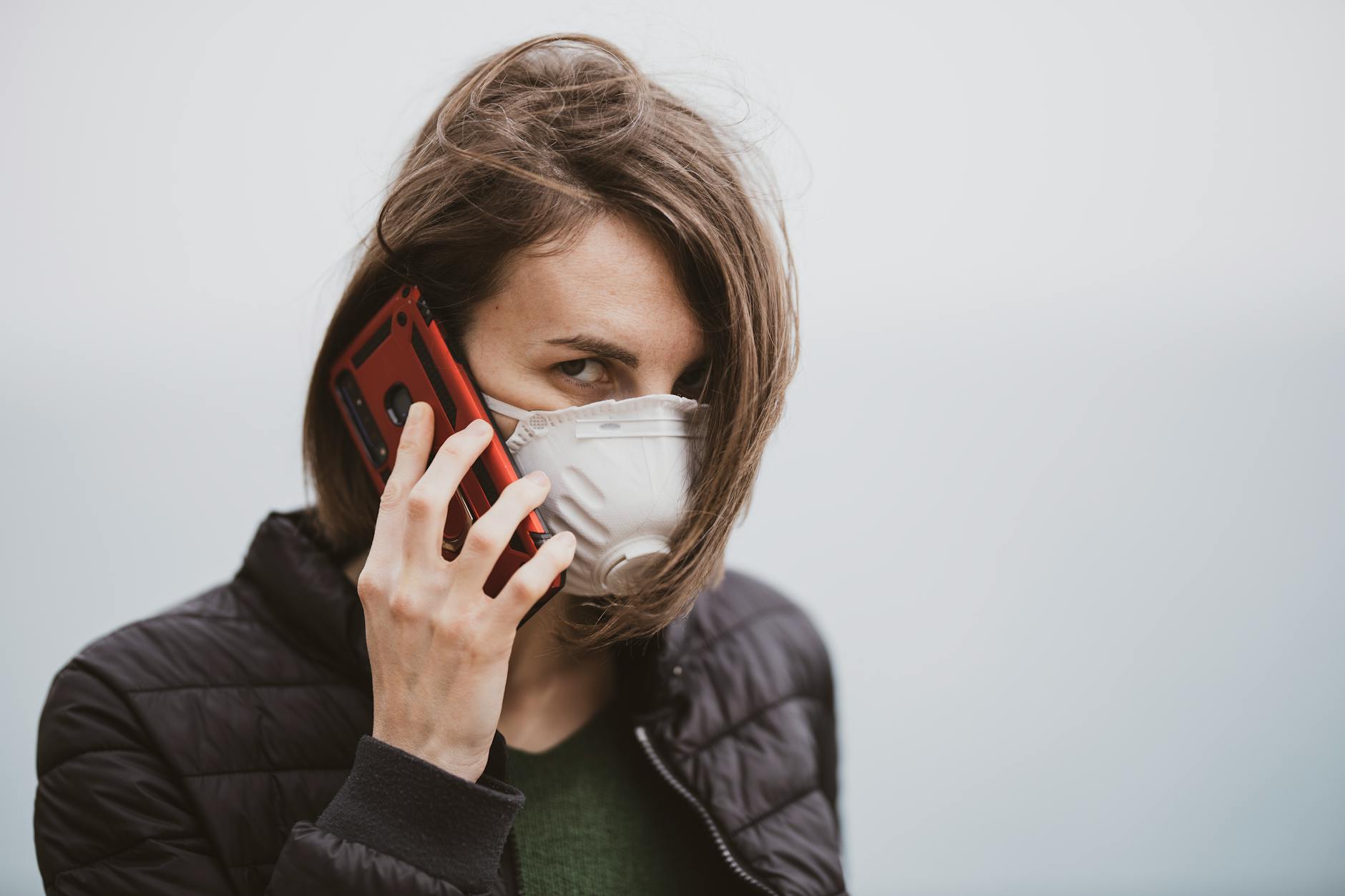A New Era of Public Health: Navigating the Shifting Sands of Mandates
Re-evaluating Public Health Guidance in a Post-Pandemic World
A Brief Introduction On The Subject Matter That Is Relevant And Engaging
The question of public health mandates, particularly those related to masking, has become a deeply polarizing issue in recent years. As societies emerge from the acute phases of the COVID-19 pandemic, the ongoing debate over the necessity, efficacy, and ethical implications of such measures continues to shape public discourse and policy. This article delves into the evolving landscape of public health guidance, examining the arguments for and against various mandates and exploring the broader societal impact of these decisions.
Background and Context to Help The Reader Understand What It Means For Who Is Affected
The COVID-19 pandemic necessitated an unprecedented deployment of public health interventions, including widespread mask mandates, vaccination requirements, and social distancing protocols. These measures, while aimed at curbing viral transmission and protecting vulnerable populations, also had significant societal repercussions. Businesses faced closures, economies experienced disruption, and individual liberties were, for some, perceived to be curtailed. The scientific understanding of the virus, its transmission, and the effectiveness of various interventions has also evolved throughout the pandemic, leading to shifts in official guidance.
For individuals, the impact of these mandates has varied. Those with underlying health conditions or who are immunocompromised may still feel a need for continued caution and the protection offered by mandates. Conversely, many individuals and segments of the population have expressed fatigue with restrictions, questioning their continued necessity and impact on daily life, mental well-being, and economic activity. The differing perspectives highlight a fundamental tension between collective public health goals and individual freedoms and preferences.
In Depth Analysis Of The Broader Implications And Impact
The ongoing debate surrounding public health mandates extends far beyond the immediate concerns of viral control. It touches upon critical questions of trust in institutions, the role of government in individual lives, and the very nature of societal responsibility. The perception of efficacy, coupled with the psychological and economic costs of prolonged mandates, has fueled skepticism and resistance in some quarters. This has, in turn, led to a fracturing of public consensus on health-related issues.
Furthermore, the debate often gets entangled with political ideologies, making it challenging to have objective discussions based purely on scientific evidence. When public health recommendations become politicized, it can undermine the credibility of scientific bodies and create a climate of distrust. This can have long-term consequences for how society responds to future public health crises. The varied approaches taken by different regions and countries also offer a complex tapestry of data points for analysis, with some jurisdictions experiencing different outcomes despite similar or differing mandate strategies.
The economic implications are also substantial. While some argue that mandates are necessary to keep businesses open and the economy functioning by controlling the virus, others point to the stifling effect of restrictions on certain sectors and the potential for mandates to create uncertainty that deters investment and consumer spending. The long-term effects on education, mental health, and social cohesion are also areas of ongoing study and concern.
Key Takeaways
- Public health mandates, particularly mask requirements, have become a focal point of societal debate following the COVID-19 pandemic.
- The effectiveness and necessity of these mandates are subjects of ongoing scientific discussion and public opinion.
- Societal impacts extend beyond health, encompassing economic, psychological, and political dimensions.
- Trust in institutions and the balance between collective well-being and individual liberty are central to the ongoing discourse.
- The politicization of public health issues can hinder objective decision-making and create public distrust.
What To Expect As A Result And Why It Matters
As societies continue to navigate the post-pandemic landscape, we can anticipate a continued evolution of public health strategies. The emphasis may shift from broad, sweeping mandates to more targeted interventions based on specific risk assessments, local conditions, and individual circumstances. The development of new treatments and vaccines will likely play a crucial role in shaping future policy.
It matters because the decisions made now will set precedents for how public health crises are managed in the future. Building a resilient and adaptable public health infrastructure, one that fosters trust and incorporates a nuanced understanding of both scientific evidence and societal impact, is crucial. The ongoing dialogue, while sometimes contentious, is essential for refining policies that best serve the health and well-being of all members of society.
Advice and Alerts
Individuals are encouraged to stay informed by consulting reputable public health organizations and scientific bodies. When considering personal decisions regarding protective measures, it is advisable to assess personal risk factors, consult with healthcare providers, and remain aware of local public health guidance. Engaging in respectful dialogue and seeking to understand differing perspectives can also contribute to a more cohesive societal response to public health challenges.
Alerts regarding emerging health threats or changes in public health recommendations should be sought from official sources to ensure accurate and timely information. The landscape of public health is dynamic, and staying informed is a continuous process.
Annotations Featuring Links To Various Official References Regarding The Information Provided
For further information and to consult official guidance, please refer to the following resources:
- Centers for Disease Control and Prevention (CDC) – COVID-19 Information: The CDC provides comprehensive information on COVID-19, including guidance on prevention, symptoms, and treatment.
- World Health Organization (WHO) – COVID-19 Pandemic: The WHO offers global updates and guidance on the COVID-19 pandemic, including scientific advice and public health recommendations.
- National Institutes of Health (NIH): The NIH conducts and supports biomedical research, providing valuable insights into infectious diseases and public health interventions.
- Your Local Health Department: It is always advisable to check the specific guidance and recommendations from your local public health department, as policies can vary by region.


